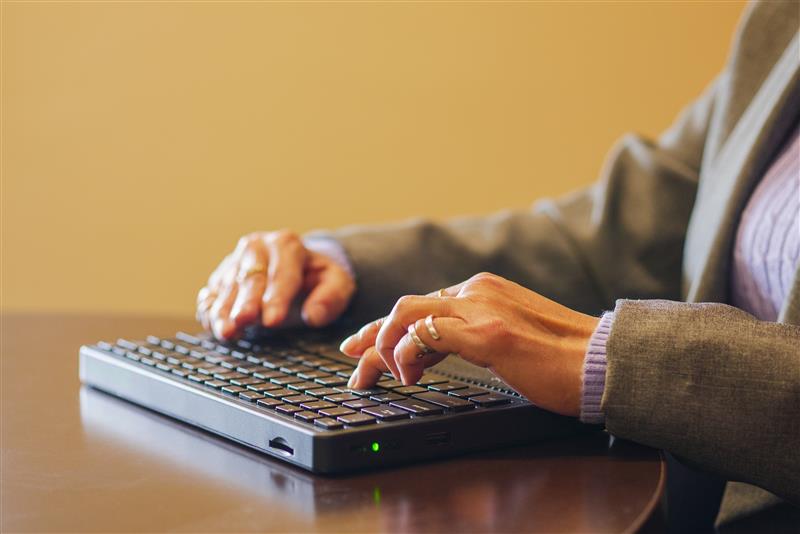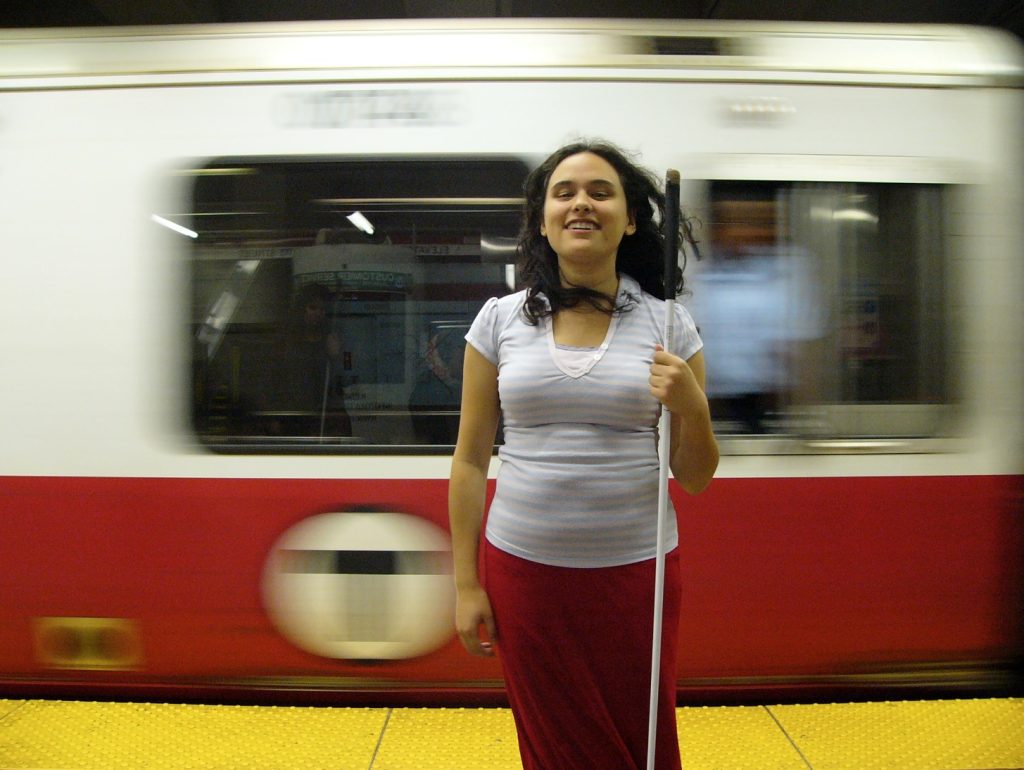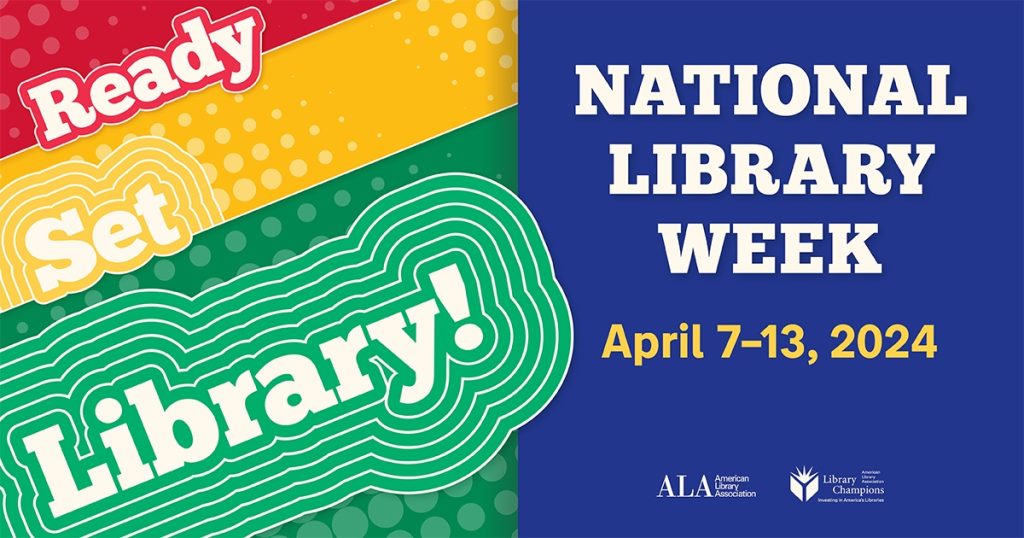To ensure your items arrive in time for the holidays, please place all orders using Free Matter shipping by Saturday, November 29 or by 12pm on Thursday, December 18 for UPS or USPS Priority shipping. School orders will be held after Monday, December 15 through the end of the year.
CloseLarry Skutchan: Access Tech Visionary Retires
Modern technology has had so many contributors to its success, growing from the foundations laid by industry giants, such as Steve Jobs and Bill Gates. While we may not be located in Silicon Valley, APH has had the privilege of having a giant of our own. Larry Skutchan is well-known as an innovator and has crafted tools to raise the quality of life for so many people. From the Automatic Screen Access Program (ASAP) screen reader for DOS, to initiating one of the first podcasts devoted to issues of interest to the blind–the Blind Cool Tech podcast, the more you learn about Larry, the more you understand how much he contributed to the access technology world.
After graduating from college in the early 80s with a degree in English, Larry started exploring the PC (personal computer) world. He was excited to experience using a tool that allowed him to read and edit papers on his own. Prior to PC’s everyone used typewriters and blind students would often pay someone to type their papers or type it themselves with the hope of making zero mistakes. In an article for the Braille Monitor, Larry wrote “The efficiency of a PC seems so simple and expected today, but in the early 80s it was a liberating, exciting, and enlightening sensation to be able to organize and manipulate thoughts and ideas so simply.”
In 1985 Larry started his career at APH as a Systems Programmer and created accessible educational software for the Apple computer. He created the Speaking Speller and the TexTalker screen reader for the Apple IIe computer. In his personal time, Larry created ProWORDS: a talking word processing program and brought his expertise, as one of the Editors, to BAUD (Blind Apple Users Discussion) magazine.
In 1993, Larry left APH to fulfill his dream of writing some of the best accessible software on the market, Automatic Screen Access Program (ASAP) and Automatic Screen Access Program for Windows (ASAW). “Fortunately for APH, we were able to lure him back from Texas to Louisville.” Said Gary Mudd, APH VP of Government and Community Affairs “During the time he was away, Larry had earned his reputation for being the best in the business. He had accomplished his first goal; now it was time to apply his talents on behalf of the nation’s students who were blind and visually impaired. Many have benefitted from that decision.” Tuck Tinsley, former President of APH, agreed “Larry’s return to Louisville brought APH immediate validity as a provider of valuable technology for the blind. He quickly became recognized as both a national and international leader in the development of adaptive technology.” Speaking of working with Larry, Tuck also said “He’s a wonderful, positive, fun-loving gentleman who everyone enjoys working with and being around!”
With his return to APH in 1998, Larry was instrumental in shepherding a number of Windows apps, such as Talking Typer, Learn Keys, Talking Word Puzzles, and Studio Recorder. Throughout the changing world of technology, Larry has been part of the revolutionary development of the Book Port (handheld portable device that allowed blind users to access digital talking library, newspapers, magazines, etc.), Mobile Manger (allowed blind users to download books wirelessly), BraillePlus 18 (first AndroidTM braille notetaking/PDA), Nearby Explorer apps (that opened the doors for independent travel for blind pedestrians and passengers), Orbit Reader 20TM (that pushed the envelope in new braille cell technology to help bring a low priced refreshable braille display and stand-alone reader), BrailleBlaster (braille transcription program to help transcribers provide blind students with braille textbooks on demand), Mantis Q40 (a Bluetooth® keyboard and 40-cell refreshable braille display), Indoor Wayfinding, and so much more.
In a 1999 Chicago Tribune article, written by Louise Taylor, you can see Larry’s innovation at work. “You know an illustration is worth 1,000 words,” Skutchan said. “But we can’t see it.” His ideal invention: “Hardware. It would be a way for a tactile surface to come up on a board so we could feel graphics and images. If that ever happens, it would really revolutionize the way blind people communicate.” Larry has been integral in pushing the field forward, a steward of ideas well before their time.
A simple search of Larry’s name online will bring up countless examples of innovations and solutions he has brought to the world. His contributions and influence will continue to be felt in the lives of the visually impaired. We at APH will miss his smiling face and hope that he will drop by to visit us when he has the time. Please congratulate Larry with us, on his retirement, and thank him for all that he has done.
Share this article.
Related articles

APH Product Roadmaps: Why We Do Them and How You Can Make an Impact
Each year we develop a product roadmap with a particular focus area that identifies gaps in our current offerings and...

The Cognitive Science Behind Braille on the Monarch
The Monarch’s multiline braille display can be used to read textbooks, essays, novels, and more, but what’s actually happening inside...

APH Celebrates National Library Week!
National Library Week is an annual celebration of the value and impact libraries across the country bring to their communities....
